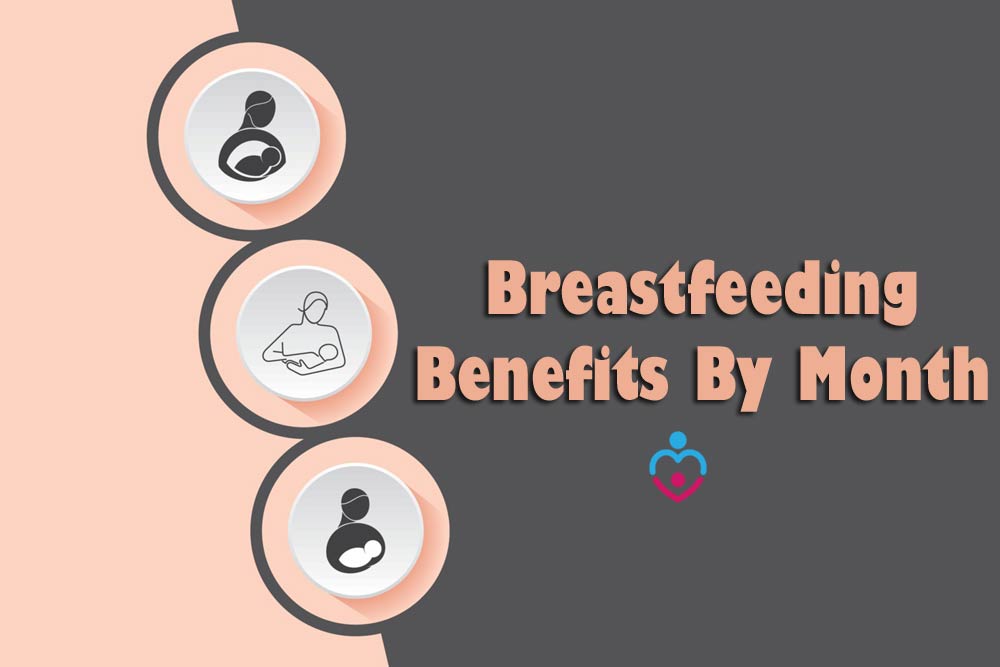
Breastfeeding your child is one of the best things you can do for them. It will help them develop a great immune system and avoid infections as well as other diseases. If you have good health to nurse your child, your doctor will advise you in this direction, unless other problems might prevent you from doing so.
Before you try to decide for how long you should breastfeed your baby, you should be aware of the benefits of nursing for each month of their life. Your breastmilk will impact and influence your baby's health and body differently at different ages.
Generally, you will be advised to breastfeed your baby for the first six months of their life at least. But most mothers choose to stretch this period to one year, and some of them go even beyond this time.
We put together a comprehensive table of benefits that breastfeeding will have during each month for the first year of your baby's life.
Breastfeeding Benefits By Month
| 1 |
|
|
|
|
| 2 |
|
|
. |
|
| 3 |
|
|
|
|
| 4 |
|
|
|
|
| 5 |
|
|
|
|
| 6 |
|
|
|
Weaning phase starts |
| 7 |
|
|
|
Your baby will have at least one solid meal a day |
| 8 |
|
|
|
Increasing the variety of foods |
| 9 |
|
|
|
Two solid meals a day |
| 10 |
|
|
|
Minimum of two solid meals a day |
| 11 |
|
|
|
solid meals during the day with morning and evening nursing time |
| 12 |
|
|
|
Solid food is a regular part of their diet by this age |
![]()
It is essential to know that not all babies develop the same and at the same pace. So, if your child doesn't follow the statistics, that shouldn't necessarily be a reason for concern. With that being said, here are the primary development milestones that you should keep an eye on when you track the growth of your little one!
First month
During the first month, your baby will grow rapidly and start gaining weight, but the journey of their life is still just starting.
- Here is where the colostrum in your breast milk plays an important role. This thicker milk helps your baby develop antibodies, and it brings them a lot of nutrition as well.
- At the same time, colostrum helps the mother develop antibodies too. Mothers who breastfeed from the very beginning recover faster after giving birth.
- The uterus contracts during nursing, and therefore it recovers its shape a lot faster.
Suggested Reading:
Second month
During the second month, your baby will start building their immune system, and your breastmilk supports this process entirely.
- During this time, your baby will develop their chest and internal organs. The breastmilk helps all these development stages, and it protects against many types of infections.
- As a mother, the second month of breastfeeding will give you a better milk supply and alleviate breast engorgement discomfort.
Suggested Reading:
Third month
Babies continue to develop their lungs and learn how to control their breathing after three months.
- Breastfeeding at this stage helps them keep asthma away and other respiratory diseases.
- At the same time, the mother will have a lower risk of developing depression, which is so common after giving birth.
Suggested Reading:
Fourth month
After months, your baby will learn how to inhale and exhale correctly, but they will still breathe on their mouth a lot more.
- They start breathing on their nose at this stage as well but in a shy and uninitiated way. Eyes' development takes off as well.
- Breastfeeding at this time is vital as it helps your baby develop healthy lungs and breathing abilities as well as good eyesight.
- The mother will also see a positive change in her hormones as they get balanced over time. Breastfeeding helps keep the hormones in harmony.
Suggested Reading:
Fifth month
At five months, your baby is going to get a lot of benefits of breastfeeding.
- They continue developing their organs, and sinuses and breastfeeding will prevent them from getting any infection.
- As a mother, you will be more used to nursing by now, and your body will most likely be recovered after giving birth at this stage.
Suggested Reading:
Sixth month
This is a milestone for most mothers and babies, but not all of them.
- Usually, six months is the time when your doctor will recommend you to start the weaning process.
- Your baby is ready now to process solid food. But they can still benefit from breastfeeding. As a matter of fact, breastfeeding can reduce the risk of leukemia with 19%.
- As a breastfeeding mother, this stage will help you have a healthy diet as you are responsible for your lifestyle to provide quality breastmilk to your baby.
Suggested Reading:
Seventh month
Even if you started the weaning phase, that doesn't mean you should stop the nursing one.
- Your baby will still benefit from their nursing meals. At this age, breastmilk helps them stay active and healthy as they develop their exploration skills. It gives them energy and valuable nutrients.
- For the mother, breastfeeding at seven months can be significant as it maintains your hormones balanced.
- If you stop breastfeeding, you might find that some hormonal changes take place, so schedule this ending gradually.
Suggested Reading:
Eighth month
At eight months, some babies start teething, but this is not a general rule.
- Some babies start teething as early as 6 months, and others wait until they are over a year old.
- Either way, they will benefit from the calcium that comes with your breastmilk every nursing meal.
- Nursing moms tend to maintain their weights better if they continue to breastfeed into the eighth month.
- They watch their diet and don't lose sleep so much as the baby might sleep through the night by this age.
Suggested Reading:
Ninth month
Growth spurts are expected during the first year of your baby's life, and nine months is an age for one of these spurts.
- During these growth spurts, you will notice that your little one sleeps more and prefers to be nursed rather than have their solid meals. So, comfort is the main benefit this month.
- Mothers who nurse at nine months continue to enjoy the hormonal balance and the healthy lifestyle that breastfeeding brought to them.
- Your body will also be back to the pre-giving birth stage by now as well.
Suggested Reading:
Tenth month
The closer your baby gets to their first birthday, the more solid food they will eat compared to their nursing meals.
- However, even at ten months, they will benefit from the nutrients and protein that comes with your breastmilk.
- Plus, if you have a baby who refuses to drink water, nursing them will make sure they stay hydrated.
- Babies develop their motor skills at this age, and therefore they need more fuel for all the energy they will burn.
- Mothers keep enjoying the positive mood and avoid infections due to nursing.
Suggested Reading:
Eleventh month
At eleven months, your baby will do all kinds of things, and their body is almost entirely developed.
- They will still go through teething and growth sprouts, but breastfeeding can offer the comfort they need during these episodes.
- Their immune system will be almost wholly developed, and their bones as well. Breastfeeding helps develop strong bones, thanks to the calcium found in it.
- Mothers can sleep through the night with a proper nursing schedule. If you nurse your baby before bedtime, they might actually sleep better, and so will you.
Suggested Reading:
Twelveth month
One year old is an impressive milestone for both your baby and you.
- If you breastfed them up to this age, they would have a lower risk of developing a heart condition. Babies breastfed up to one year are also less likely to become overweight.
- Some babies have all their teeth by now, while others might still be struggling with teething discomfort.
Suggested Reading:
Mothers who breastfeed for one year maintain a better bond with their babies, and they have a better mood altogether.
![]()
Key References
- "The Science of Breastfeeding and Brain Development". Accessed September 05, 2020. Link.
- "Benefits of Breastfeeding". Accessed September 05, 2020. Link.
- "Breastfeeding and the Use of Human Milk | American Academy of Pediatrics". Accessed September 05, 2020. Link.
- "Breastfeeding and maternal health outcomes: a systematic review and meta‐analysis - Chowdhury - 2015 - Acta Paediatrica - Wiley Online Library". Accessed September 05, 2020. Link.
- "Maternal IgA protects against the development of necrotizing enterocolitis in preterm infants | Nature Medicine". Accessed September 05, 2020. Link.
- "An Exclusively Human Milk Diet Reduces Necrotizing Enterocolitis | Breastfeeding Medicine". Accessed September 05, 2020. Link.
- "Redirecting". Accessed September 05, 2020. Link.
- "Leptin as a breast milk component for the prevention of obesity | Nutrition Reviews | Oxford Academic". Accessed September 05, 2020. Link.
- "Weaning: Tips for breast-feeding mothers - Mayo Clinic". Accessed September 05, 2020. Link.
- "Why It Matters | Breastfeeding | CDC". Accessed September 05, 2020. Link.




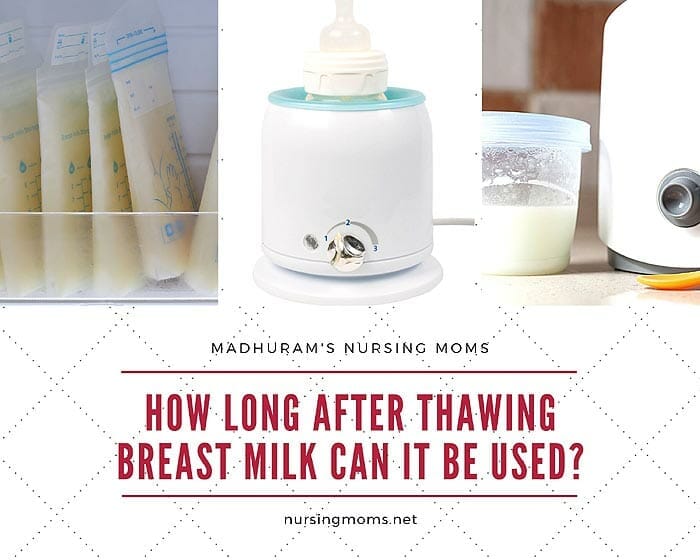
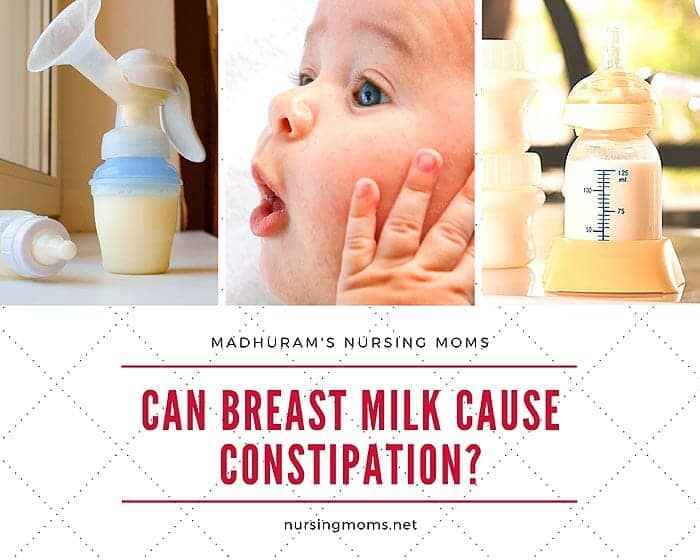

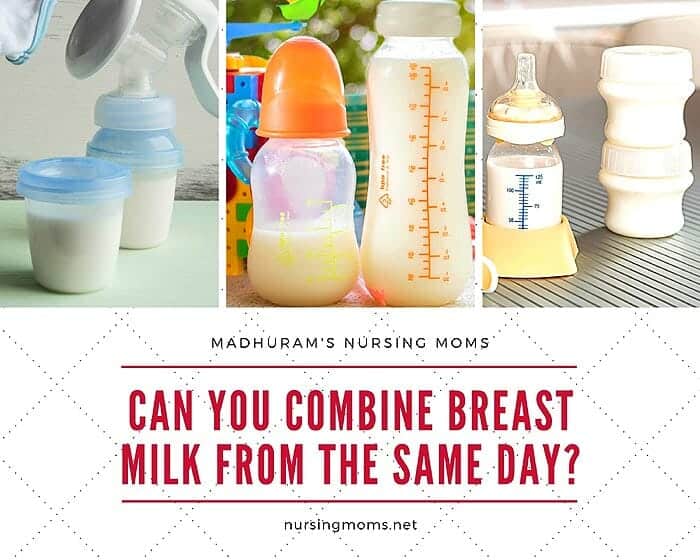
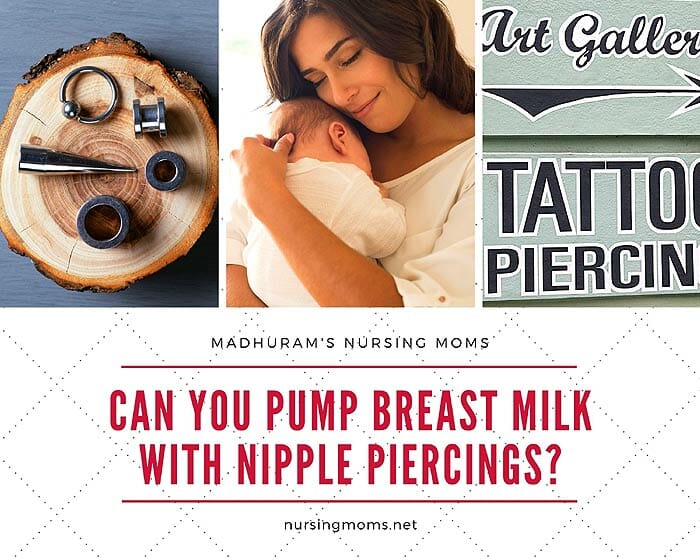
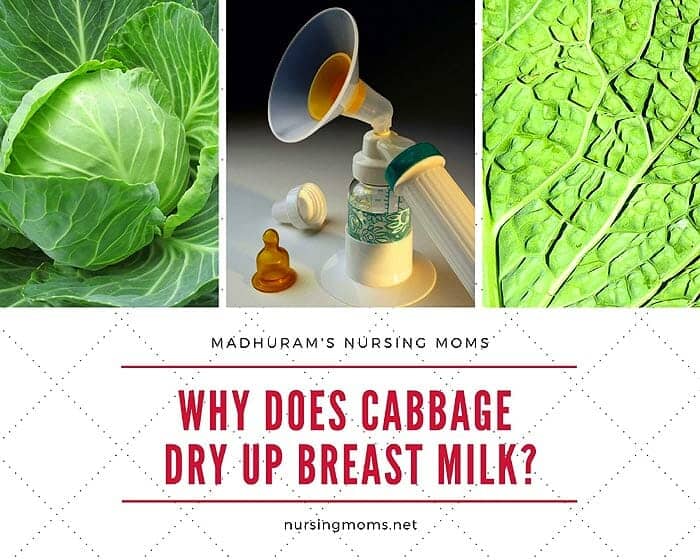

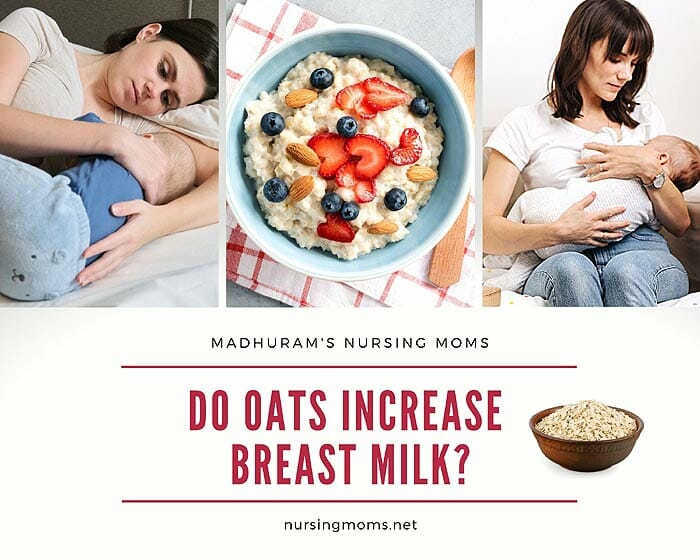
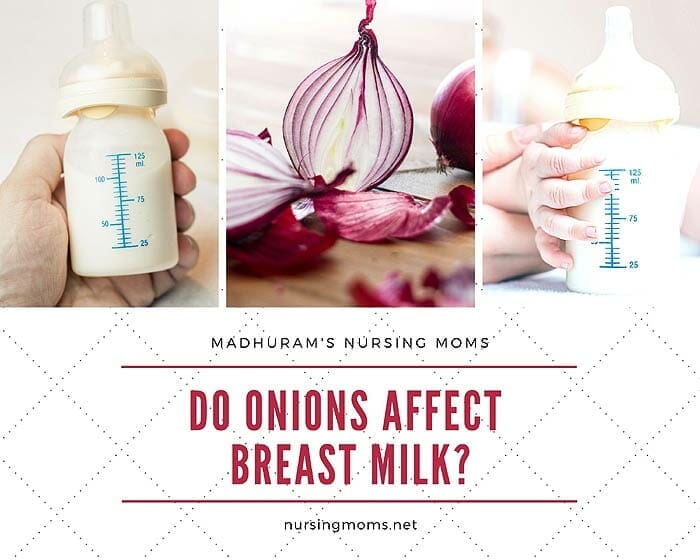
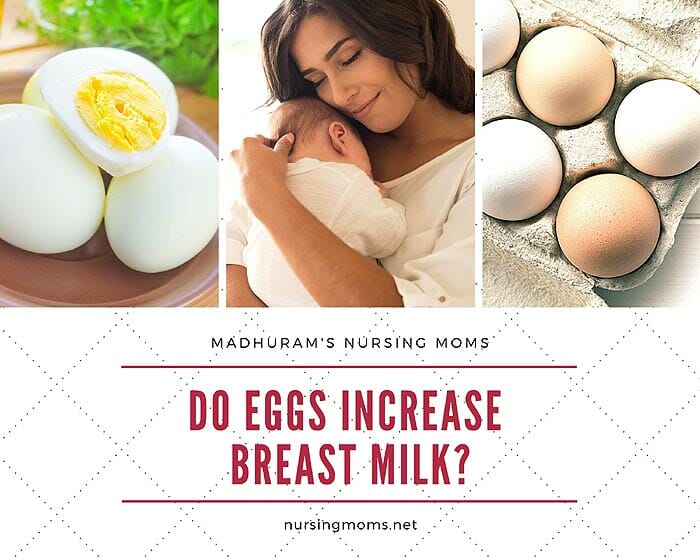


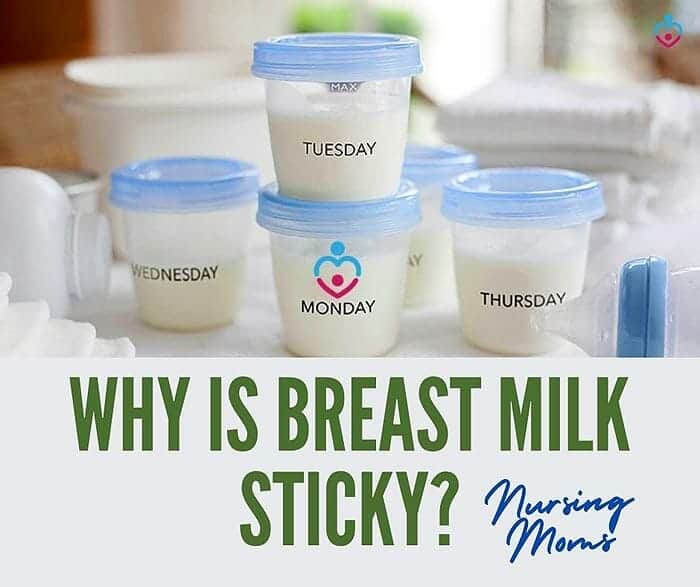
Leave a Reply